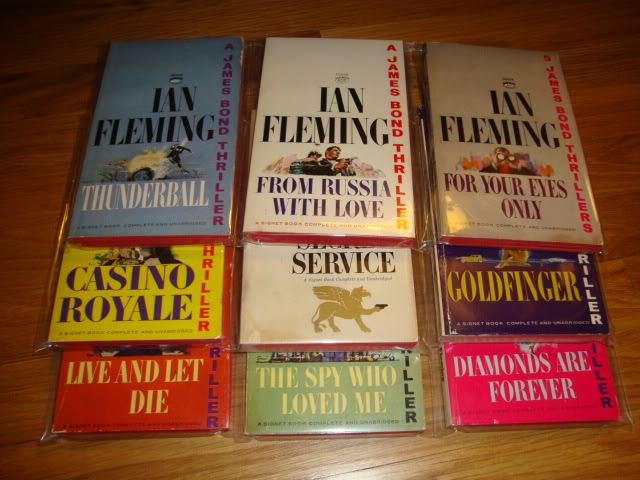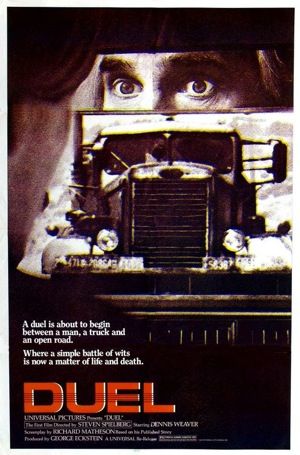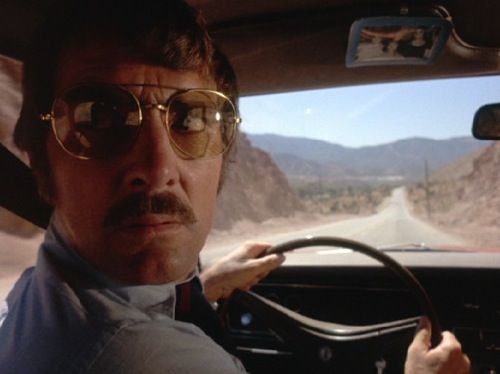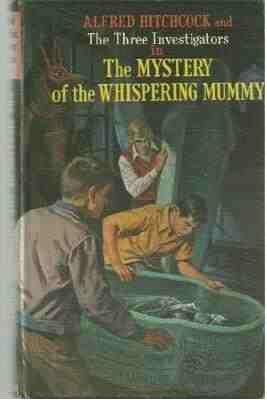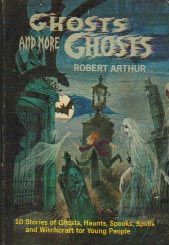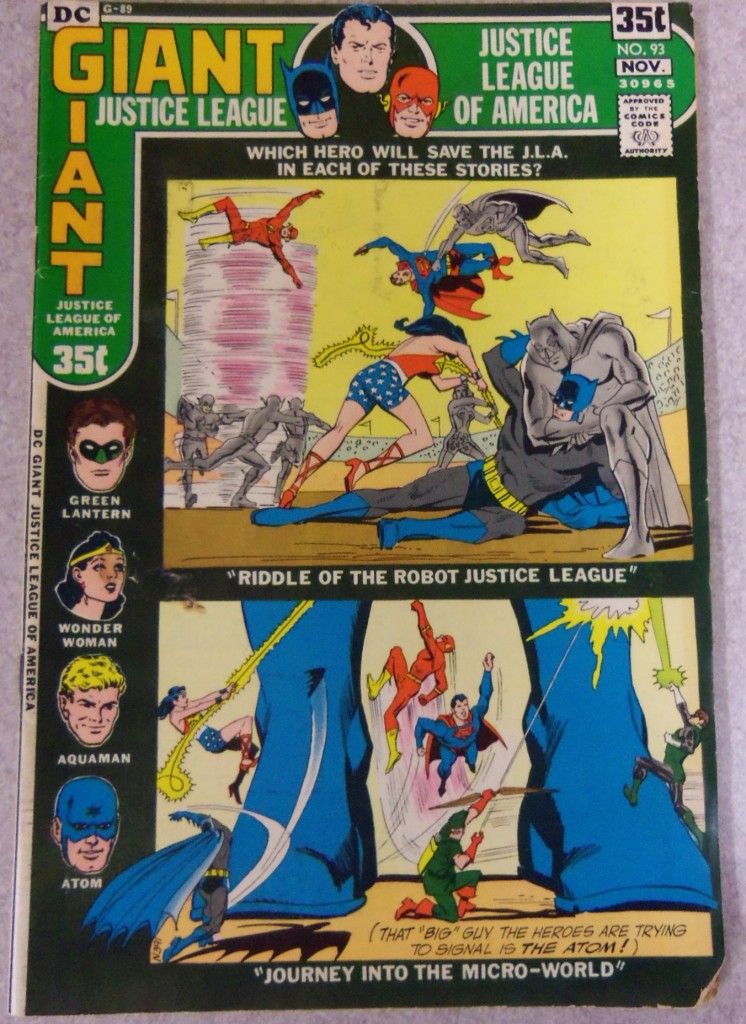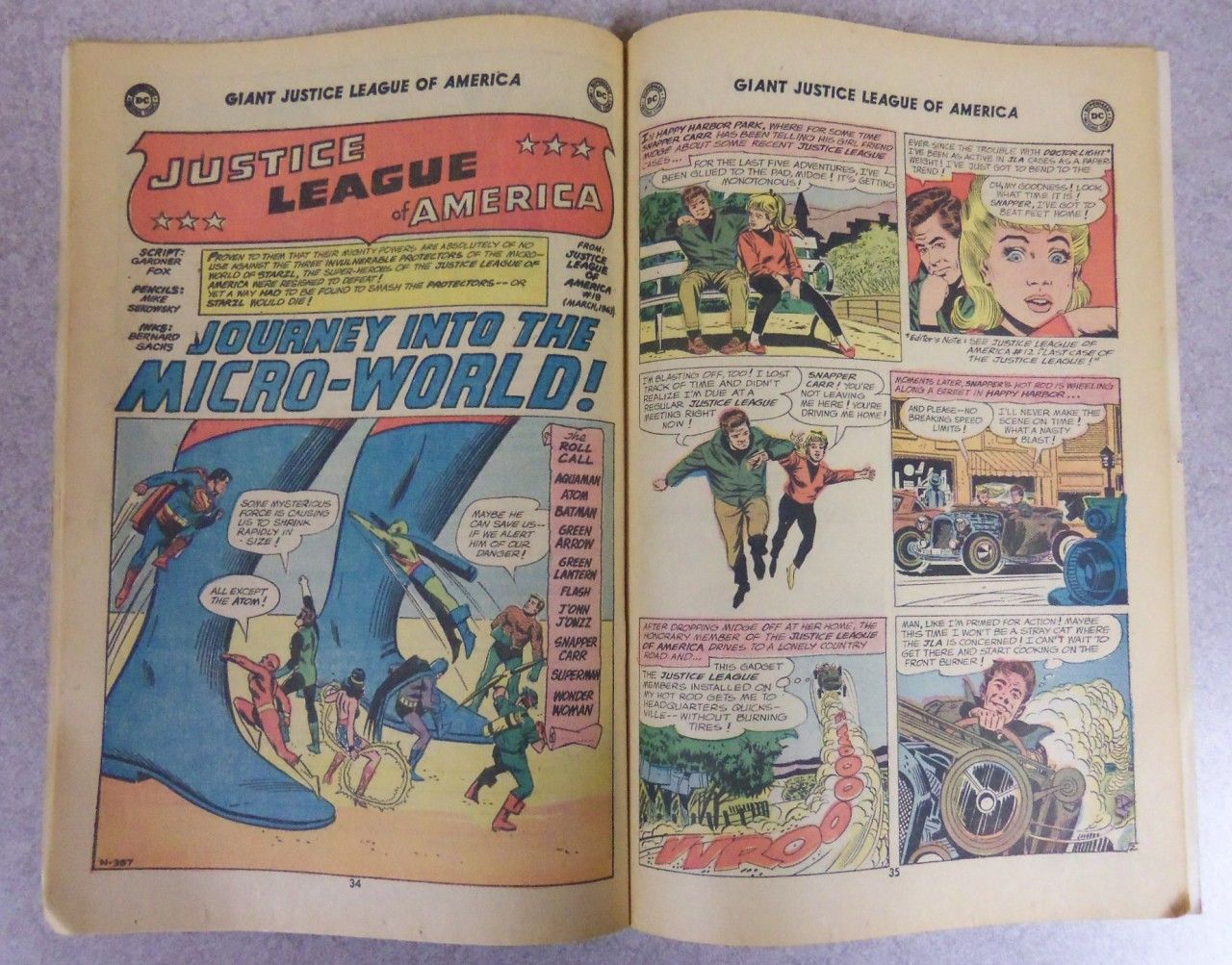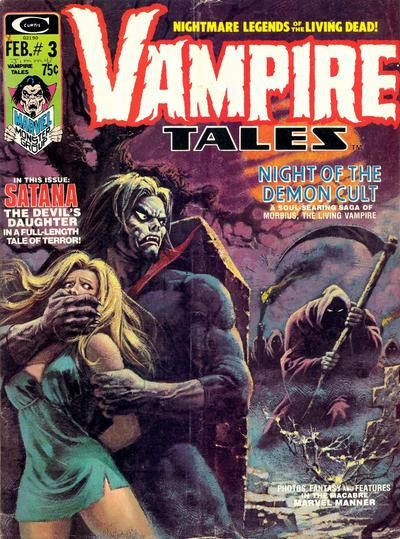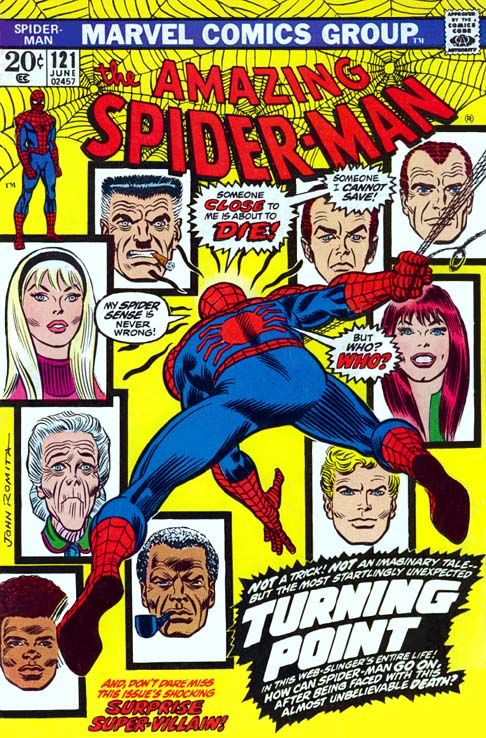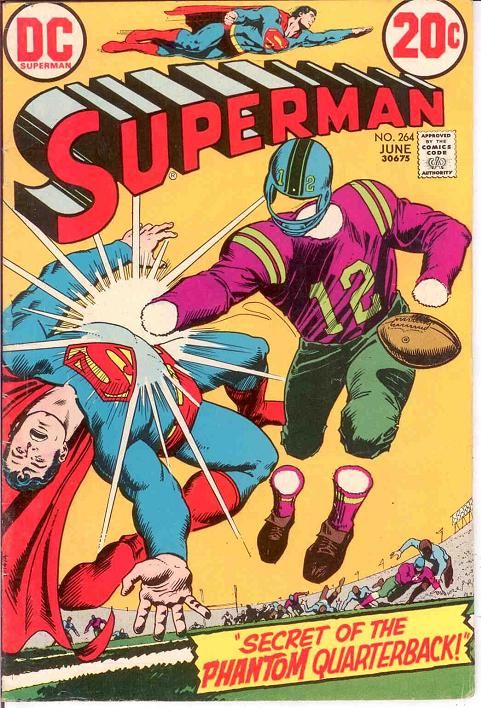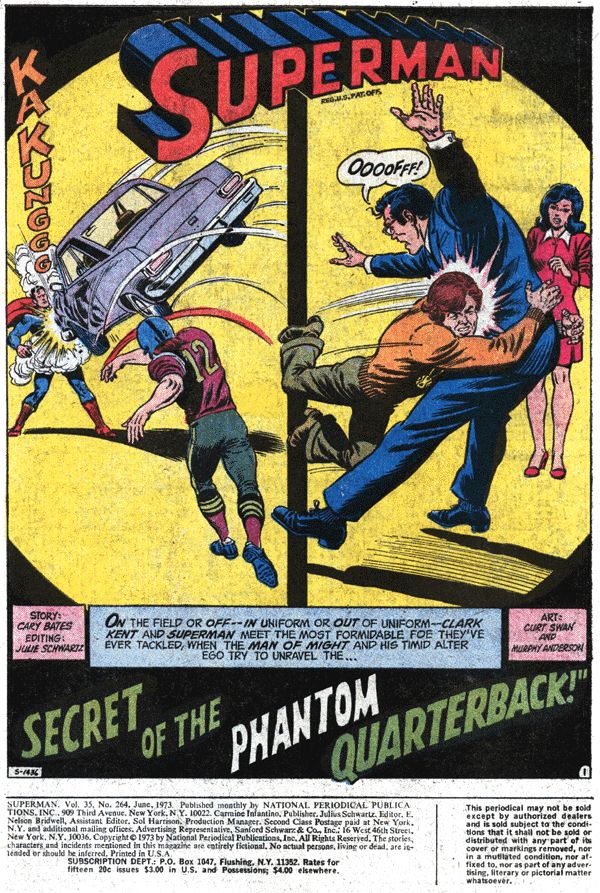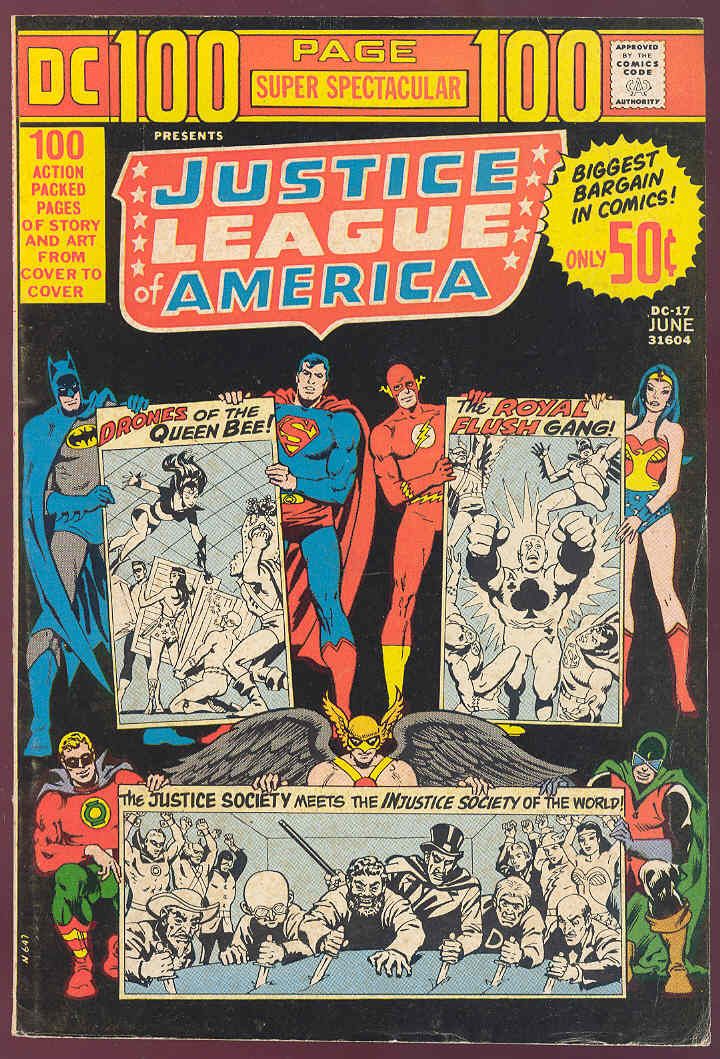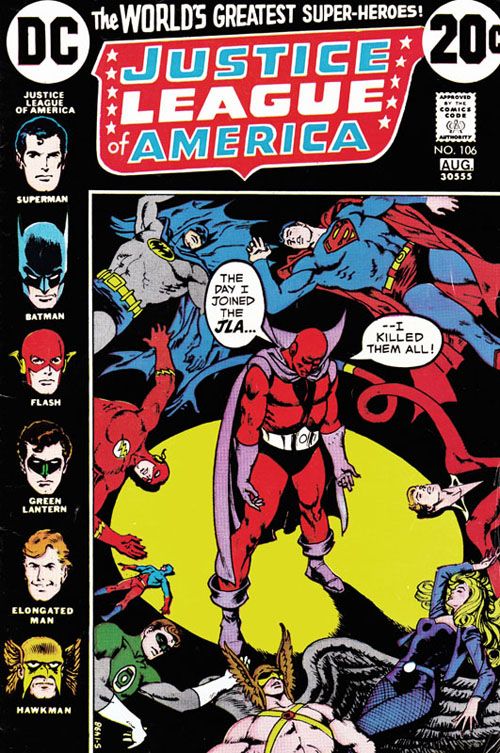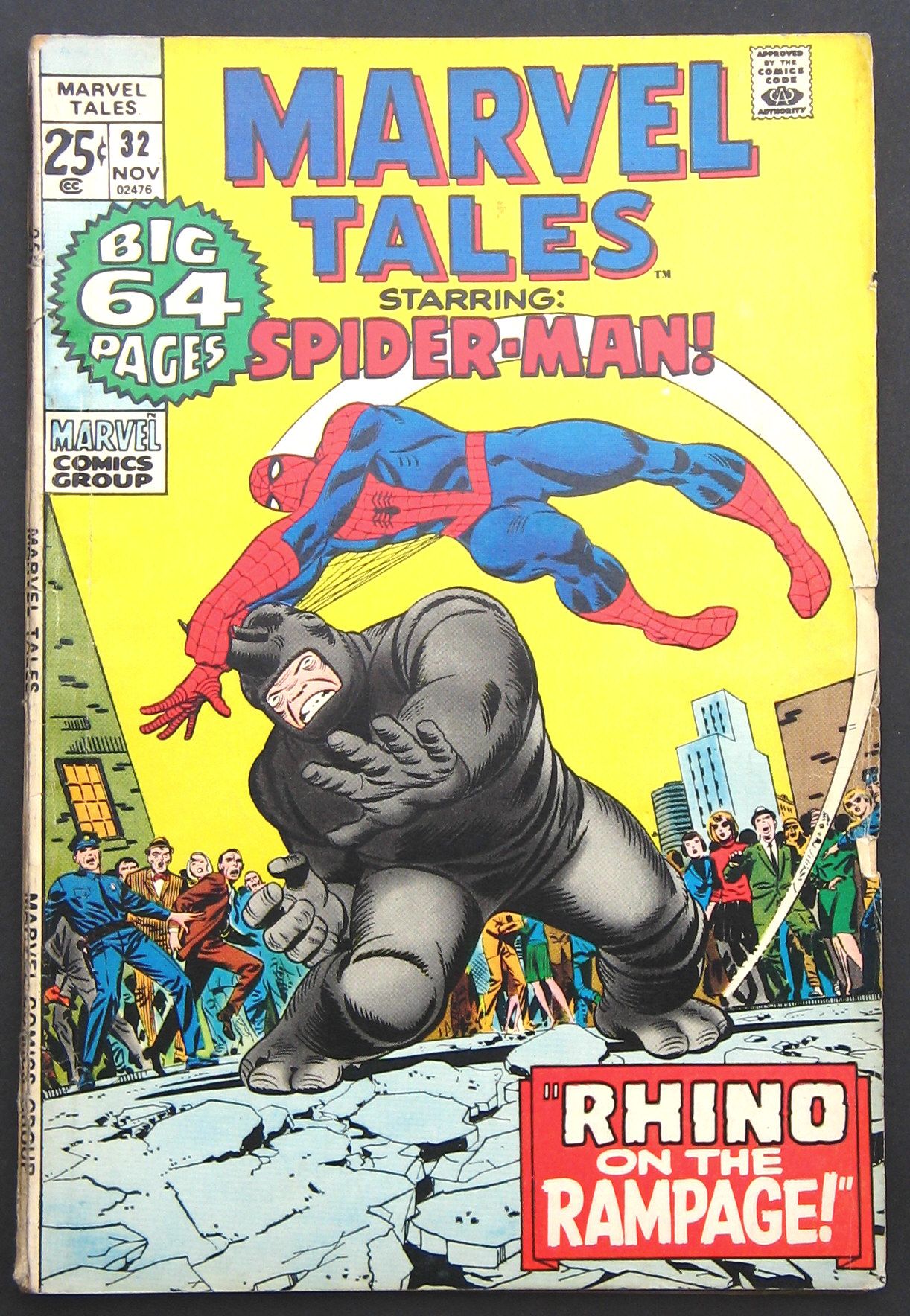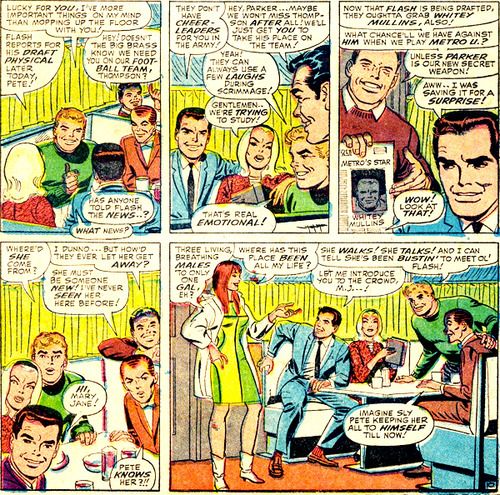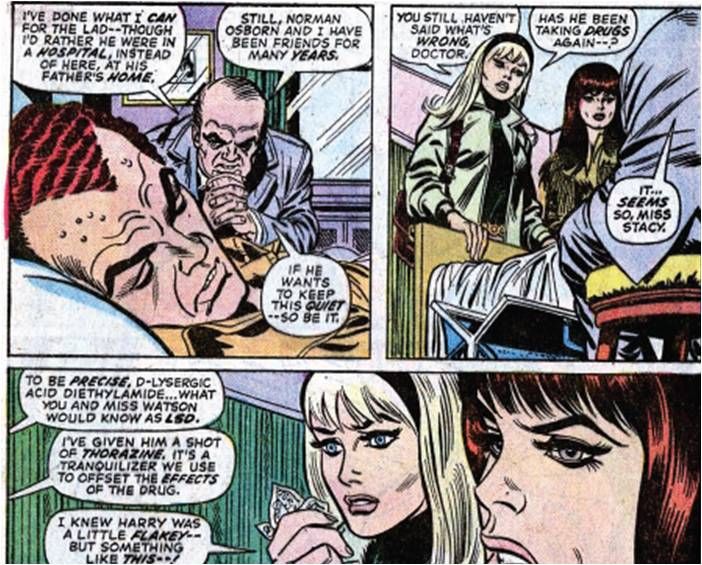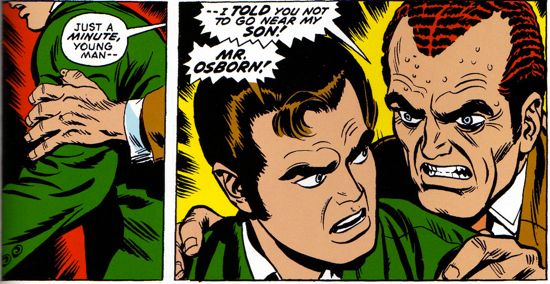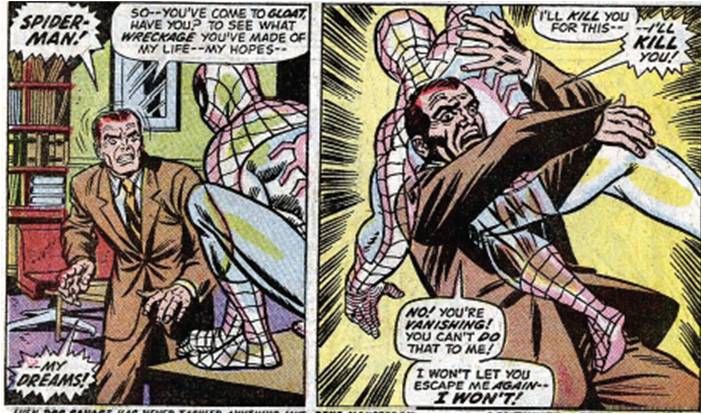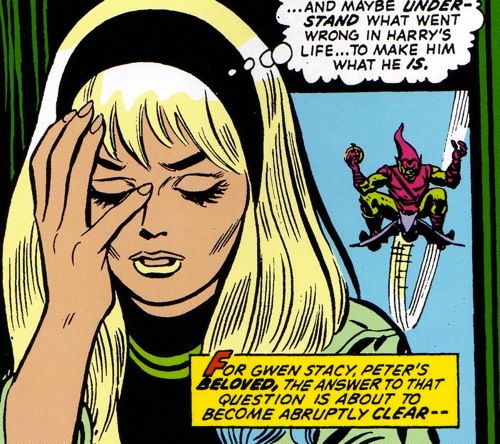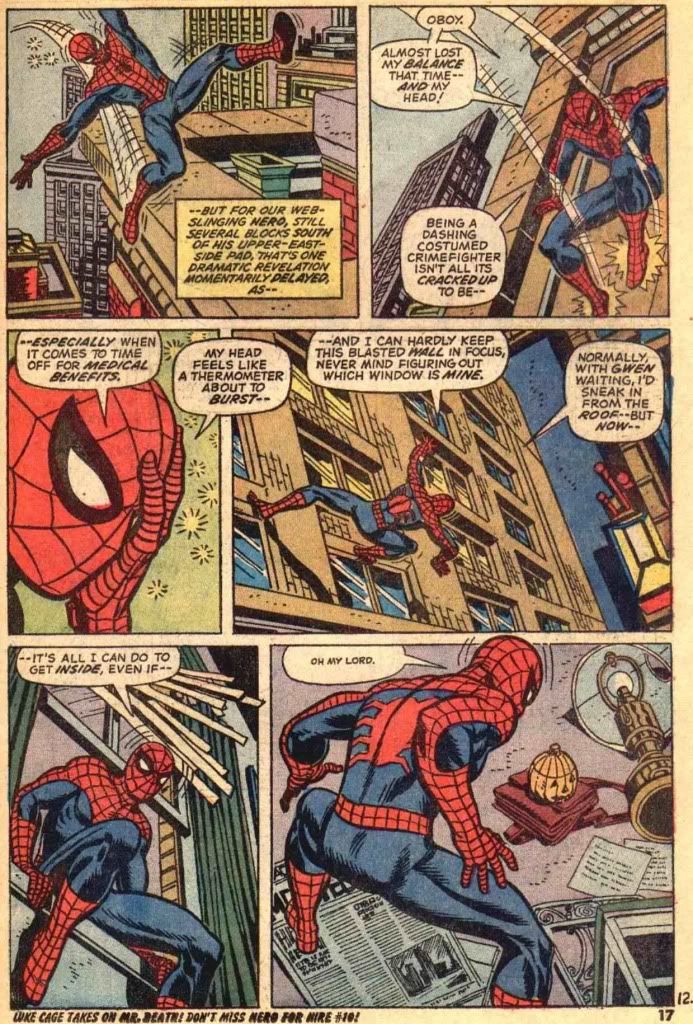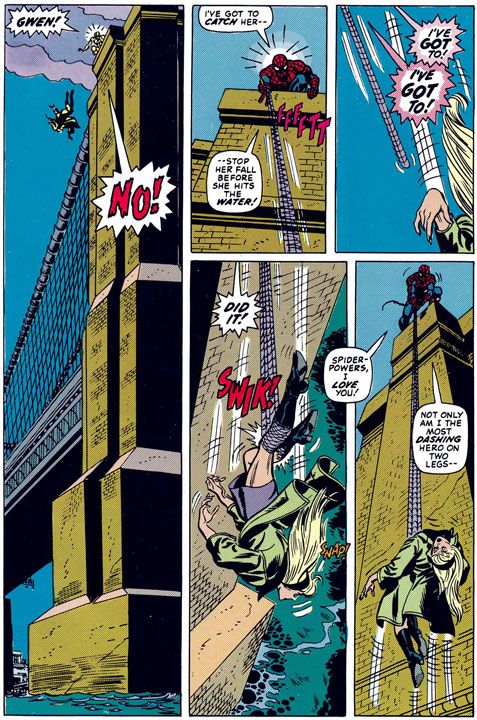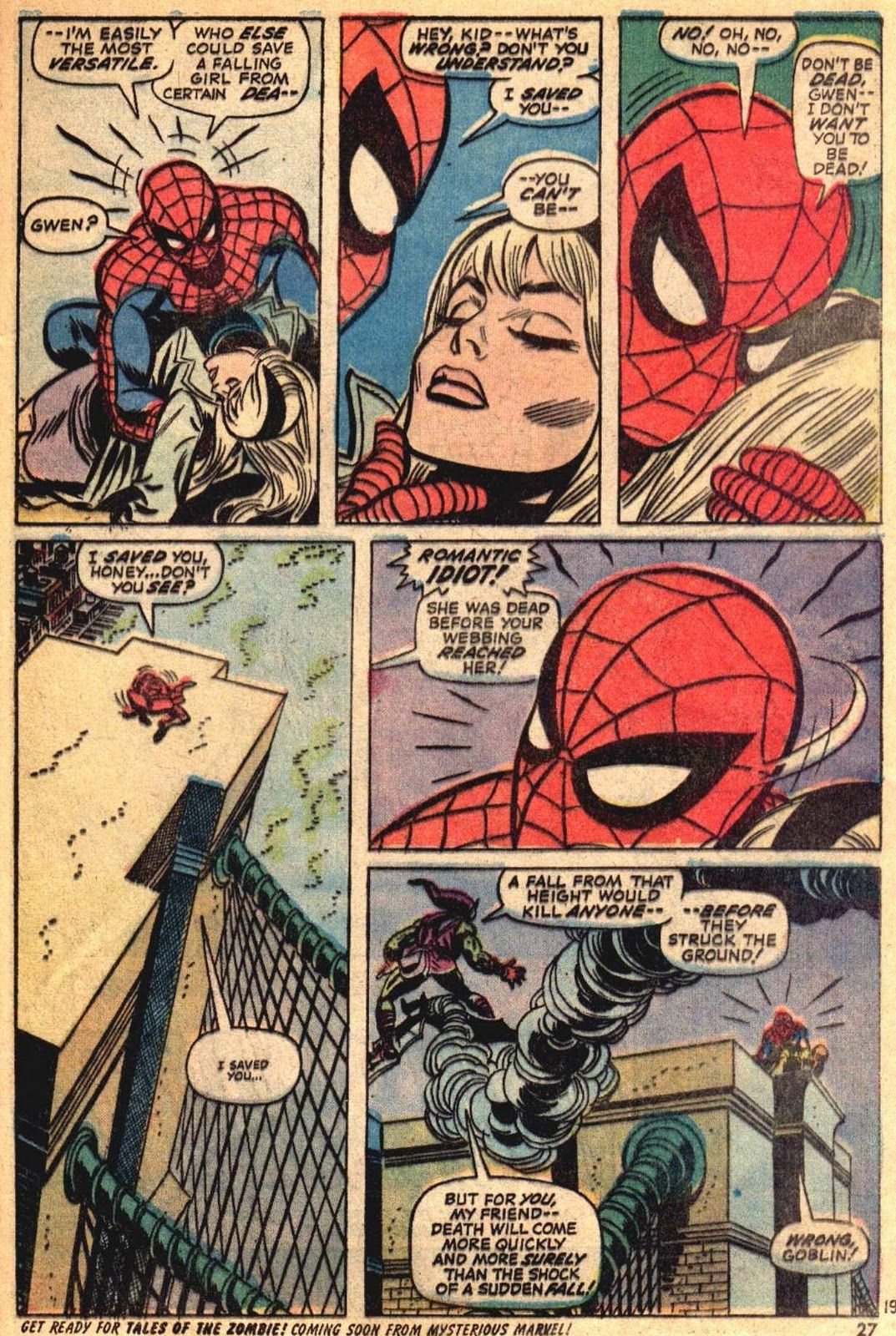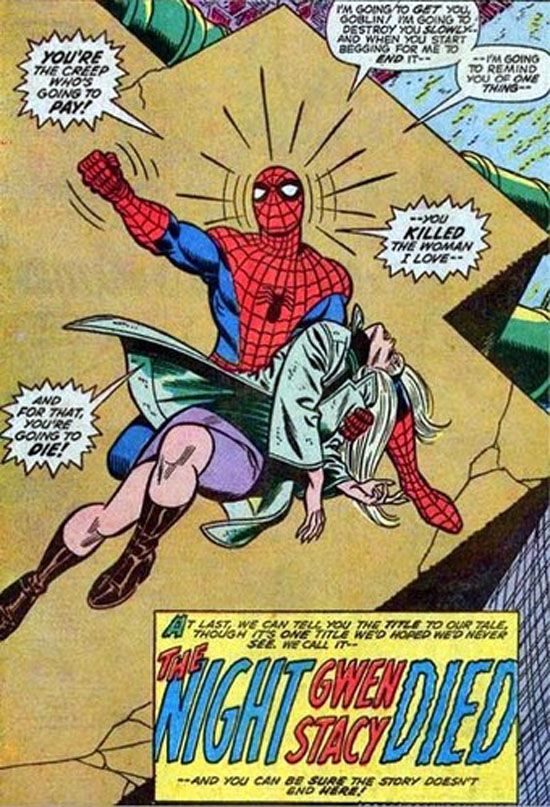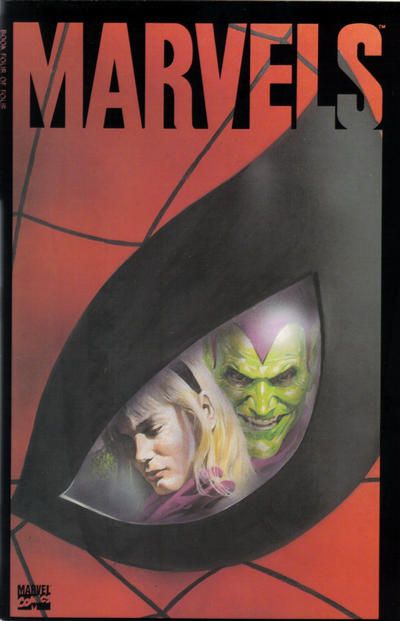My boss Katie had a call from a parent who was upset about my class last week. The mother of one of my students had heard we were planning a 'scary movie' for my Young Authors class this Monday -- Halloween day -- and she really didn't feel her eleven-year-old son was ready for something like that.
The movie in question, as it happens, is
Duel.
I wanted to bring in something by Richard Matheson, because as far as I'm concerned you can't go wrong with Matheson and it always lights the kids up when I rattle off his resume. ("The original version of I Am Legend, The Shrinking Man, the Star Trek with the good Kirk and the bad Kirk, the old Twilight Zone with the monster on the airplane wing, Hell House, Somewhere In Time, The Night Stalker...." Usually my student nerdlings are familiar with at least half the list. And we'd run the original Kolchak movie
The Night Stalker last year.)
Duel seemed like a good choice because I was certain the kids hadn't seen it, and it's a terrific example of how to build suspense by taking something perfectly ordinary and keep ratcheting up the tension on it until you have something genuinely frightening.
It IS a class, after all, and more, it's a class on writing. My kids are largely interested in doing adventure stories, this semester. So we've been talking a lot about earning the moment-- they always want to launch right into the big climactic fight, so we've been spending a lot of time on how to build suspense, how to cut off your hero's options one by one until he has to confront the thing that scares him, stuff like that. So when it came time to do something for Halloween, I figured this year's Matheson would be Duel, since it's a-- pardon the expression-- textbook example of that kind of thing.
I explained all this to Katie in an email, adding frostily that in addition to all that, Duel had originally been shown on network television forty years ago, and I really didn't think anyone was going to be sent screaming into therapy over it. What did this woman think a YMCA-employed writing teacher was going to show to a roomful of sixth and seventh-grade children? Saw III? Which mother had complained, anyway? I'd be happy to lay all this out for her...
Katie assured me she'd already settled the woman down and it wasn't anything to worry about, she just wanted the information in case anyone else asked. And then she told me who the problem mother was.
I had to laugh when Katie told me this. Because here's the punchline-- when I'd told my Young Authors class we were doing a scary movie for Halloween, this particular mother's little angel had blurted out-- wait for it--
--"You should bring in SAW!!"
He's also the one that keeps bugging me about doing HALO and WARHAMMER fan fiction and I have to keep telling him no, he has to do something that's all his. Clearly, cable television and videogame culture have already poisoned this boy far beyond any movie I might show in my classroom.
My first impulse was to write a righteous (and subtly snide) email to the concerned mother and tell her all this, but I reconsidered. Why rat the kid out?
Because, remembering back to when I was eleven years old, I had to sneak around a lot too. Back in 1973 I was... let's see... I think I'd just discovered Sherlock Holmes and the Hound of the Baskervilles. And I was still very high on the Three Investigators as well as the Alfred Hitchcock anthologies for young readers-- Ghostly Gallery, Monster Museum, that stuff.
(Eventually I figured out that the guy I really liked reading wasn't Alfred Hitchcock but Robert Arthur, which led me to Arthur's own anthologies.)
Also, by the time I was twelve, I'd found that it was possible to actually purchase my own James Bond novels at the local B. Dalton's for sixty cents each...
Mom didn't care for that AT ALL but it was my money, and if I wanted to "waste it on those trashy books," well, too bad. Anyway, she'd already lost that fight a year or so previously when she'd caved on letting me check Fleming's Bond books out of the local library.
But her particular bête noire, without question, was comics. Nothing else ever came close.
The incident that really crystallized this for me, and I remember this like it was yesterday...it was when I was nine years old. We were vacationing at the beach with another family, my dad's boss Harold and his wife Pam and their new baby. This particular afternoon, while Dad and Harold were out playing golf, as menfolk did back then, the wives and kids had been left behind to hang out on the beach and enjoy the rare Oregon Coast sunshine. We were camped out in a sort of improvised driftwood windbreak, and I was a little apart from the others, settled in against a driftwood log with a comic book. Mom went off to get something, drinks maybe, so for the moment it was just Pam and the baby and me. Pam asked me about the comic I was reading.
It was one of my beloved DC Giants, Justice League #93. Pam was genuinely interested, wanting to know who the characters were. "I know Superman and Batman, but who's Green Lantern? And the Atom? What does he do?"
As for me, I was delighted to find an adult that didn't laugh or sneer at superheroes for once. (Or hum the Batman theme-- "na-na-na-na-na-na-na-na-BATMAN!" You younger folks have no idea how sick we comics fans got of people laughing and doing that between 1969 and 1980.)
I was in the middle of explaining to Pam why the League was shrinking to a sub-atomic size in "Journey Into the Micro-world!" when Mom showed up, literally grabbed the book out of my hands and told me to stop bothering Pam with my silliness.
Today, with the benefit of adult hindsight, I know that Mom was really wired about making a good impression on the boss and probably spent the whole weekend praying Dad wasn't going to screw up yet another good job. (Which he eventually did.) Any little thing would have set off her alarms.
But what I felt at the time-- the reason the memory is so vivid-- was the hurt at how unfair it was, Mom was acting like I had done something wrong and I knew I hadn't. Pam and I were having a nice conversation and Mom was just shutting it down for no reason. I felt betrayed.
I think Pam must have seen the wounded look on my face because she actually protested. "It's all right, Patty, he was just telling me about his book...." But Mom had made her ruling and that was that.
That was when I realized how much Mom hated, and I mean really hated, comics. And thus that was when I began making an effort to be more discreet about which ones I was reading. Because if Mom felt that way about the Justice League, well, God help me if she found me with any of the ones that even I knew were maybe Not For Kids.
The funny thing is, I remember there was one comic book that genuinely did scare the hell out of me when I was a kid, and Mom never caught that one at all. I've been watching Brian unfold his
Scariest Comic Books of All Time! series all month, but I'm certain this one won't be on it.
It was Amazing Spider-Man #121.
The death of Gwen Stacy.
Today the story is regarded as a classic, one of the major Spider-man stories, right up there with The Master Planner saga and "Spider-Man No More!" and so on. But modern readers have no idea what a stealth grenade the thing really was when it came out in early 1973.
Let me give you a little context. A quick check of
Mike's Amazing Newsstand Index tells me what other books I'd picked up back then, that fateful spring.
I was mostly still a DC reader. In Superman, I'd just been introduced to Steve Lombard. And in Action, there was Gorilla Grodd, also new to me since I wasn't a big Flash reader.
I was more of a Bat guy-- still am, really-- but the smart Superman stuff kept me coming back. DC wasn't nearly as full of itself and Superman's need to be inspirational back then. The stories were quick and entertaining and full of clever, sassy humor.
And though my beloved 80-Page Giants were no longer around, I had been completely won over by DC's new 100-Page Super-Spectaculars.
Even if they did cost an exorbitant, unheard-of fifty cents each.
The other books I'd picked up that March were Justice League of America #105, introducing me to the Red Tornado... and I'd also decided to give this new Shazam! thing a try.
Now, I'd read Marvel books, and even a fair amount of Spider-Man, by the age of eleven. But my experience had been largely Lee-Romita reprint stuff, in Marvel Tales.
So it's in that context that I was suddenly greeted with this incredibly dark, creepy, funhouse-mirror version of what I'd thought a Spider-Man comic would be, in Amazing Spider-Man #121. And I don't mean just the death of Gwen, or the Goblin stuff. The whole issue freaked me out, even the opening scenes-- maybe even especially the opening scenes-- with the gang visiting Harry Osborn in his sickbed, still writhing and delirious from his drug overdose. Drugs, especially LSD, had been whipped up by the media into something almost as terrifying to 1970s suburbanites as the Black Death was to medieval peasants. And here they were in Spider-Man. It took me completely by surprise, and not in a good way.
I'm not trying to say that adult themes don't have any place in Spider-Man, or anything like that. But remember, I was eleven. More, superhero comics were my refuge, a comfort-food thing, a way to get away from my family.
Most of all, I had a set expectation of what Spider-Man comics would be like. So as far as I was concerned, the tone was weirdly, frighteningly off. Spider-Man, in my Lee-Romita experience, had been serious, but it was always serious in a fun way. Peter Parker had to deal with terrible things, he made huge personal sacrifices, but the tone of the stories always left room for a certain bounce and humor.
But in this new thing from Gerry Conway and Gil Kane, that was all gone. Everything was serious in a different, adult way. Sentences ended in periods now, not exclamation points. The wisecracks and snappy patter had disappeared.
I remember this reading experience just as vividly as the earlier Justice League anecdote above. We were on vacation again, this time up at our cabin on Mt. Hood, just east of Brightwood. I'd been allowed a comic from the general store, I'd chosen this one, and settled in to the big lounge chair to read it when we got back to the cabin. It was too dark and windy and rainy to go do anything-- I think that was how I'd wheedled Mom into letting me buy the comic in the first place-- and while the rest of my family were watching TV on the other side of the room, I was quietly freaking out.
You know how, when you're a kid, and you see your parents get bad news? Suddenly they look serious and scared and when you see the look on their faces... that's what scares the hell out of you? These beginning pages felt like that, seeing Gwen and Peter and MJ all scared and heartsick over Harry Osborn, instead of kidding around like I was used to. Imagine you're eleven years old, going from scenes like this....
And this...
To this.
And that's just the setup. When Norman Osborn showed up a page later looking like a homicidal maniac I was almost as startled as Peter Parker was.
The art itself seemed harsher. The inking was coarse, much more than what I was used to from growing up on the elegance of DC's Murphy Anderson and Dick Giordano, or Marvel's Joe Sinnott, not to mention John Romita himself.
As for the plot, Norman Osborn got weirder and weirder, and the story just kept getting relentlessly scarier.
Eventually Osborn becomes the Green Goblin again, and though his target is Peter Parker, Gwen will do just fine.
By this point eleven-year-old me was scrunching further and further down in silently mounting terror with each turn of the page. This was going to be really, really bad.
That tiny little "oh my Lord" was like a punch in the stomach. This was so horrible that Spider-Man himself was clearly scared shitless. (So naturally I was too.)
So by the time we arrived at the famous confrontation on the bridge, my eleven-year-old self was feeling something very close to panic.
And the worst part? After that terrifying buildup? I didn't get the safe landing a lifetime of superhero comics reading had led me to expect. Spider-Man failed. Gwen was dead. And it sure looked to me like that failure had sent my favorite Marvel hero right over the edge.
I got to that last page and just sat there shaking. I was horrified. Worse, I didn't dare explain to anyone why I was so upset-- if I'd showed it to my mother, I knew, I'd have been forbidden from reading all comics for the rest of my life, especially if she saw how much that story had gotten to me.
I didn't want that. I still loved comics, and even still loved reading about Spider-Man. I just wanted this story, this particular comic, to be erased from my brain somehow. I didn't have the vocabulary or the maturity to explain why I was so bothered by that story, or why it was just not right, not fair, for that to happen to Spider-Man. I just knew that it shouldn't have happened that way.
It's interesting today to look back and realize how not alone I was... apparently quite a few other readers were freaked out too. There's a reason so many people mark "The Night Gwen Stacy Died" as the end of the Silver Age. To those of us that were reading comics at the time, it felt like a door slamming. It changed the rules for superhero stories. No longer were we guaranteed that it would all work out okay in the end. Now... good guys could lose.
As for me, well, I'd learned MY lesson. I stuck strictly to the Marvel Tales Lee-Romita Spidey for the next couple of years. I knew what I wanted from my Spider-Man comics, and I trusted Stan. This Gerry Conway guy.... who the hell knew what kind of crazy horrible shit he might pull? It was at least two years before I finally dared to check back in on the main book again. (For... what else? The return of Gwen, in the original Clone Saga.)
*
So what's the point? That kids should be protected from this sort of thing? That scary comics and movies really are dangerous?
No. Exactly the opposite. See, here's what parents forget: kids bounce back. Yeah, that Spider-Man story traumatized me... for a few hours. I got over it. I even learned something about what I liked and didn't like. And years later I came to appreciate what Gerry Conway did on Amazing Spider-Man, especially the death of Gwen and the Jackal story and clones and all of that. And it meant more because I got to that appreciation by myself, through reading lots of different kinds of stories and learning how they worked.
Mom, for all her good intentions, would have been doing me a huge disservice by shielding me from lurid comics and pulp paperbacks and late nights staying up to watch Hammer films on Sinister Cinema. Sure, sometimes I got shook up (There was one Late Late Show movie,
Hauser's Memory, that I recall got to me just as bad as the death of Gwen did, but I won't go into that one.) But I mostly did all right. Parents can't really protect you from culture anyway, no matter how hard they try.
You know what does protect you? Experience. It's the best inoculation. In the long run, no matter what I may think of today's eleven-year-olds furtively using their parents' cable television channels to watch stuff I think is appalling, like Saw movies or whatever, it probably isn't doing them any more harm than my sneaking around to read Marvel monster magazines or see movies like Wizards did to me. (And I assure you that my mother had far more hate in her heart for those things than I do for today's slasher films. It's all in the eye of the beholder.)
So if it turns out that Duel does freak out a couple of my students on Monday? I say so the hell what, that's what I say. They'll get over it, and in the long run, they might even end up grateful for getting to see stuff like that. I did.
And what's more, I'm betting that if it does get to them, they won't tell me or their parents, either.
Have a happy Halloween, everyone, and I'll see you next week.

